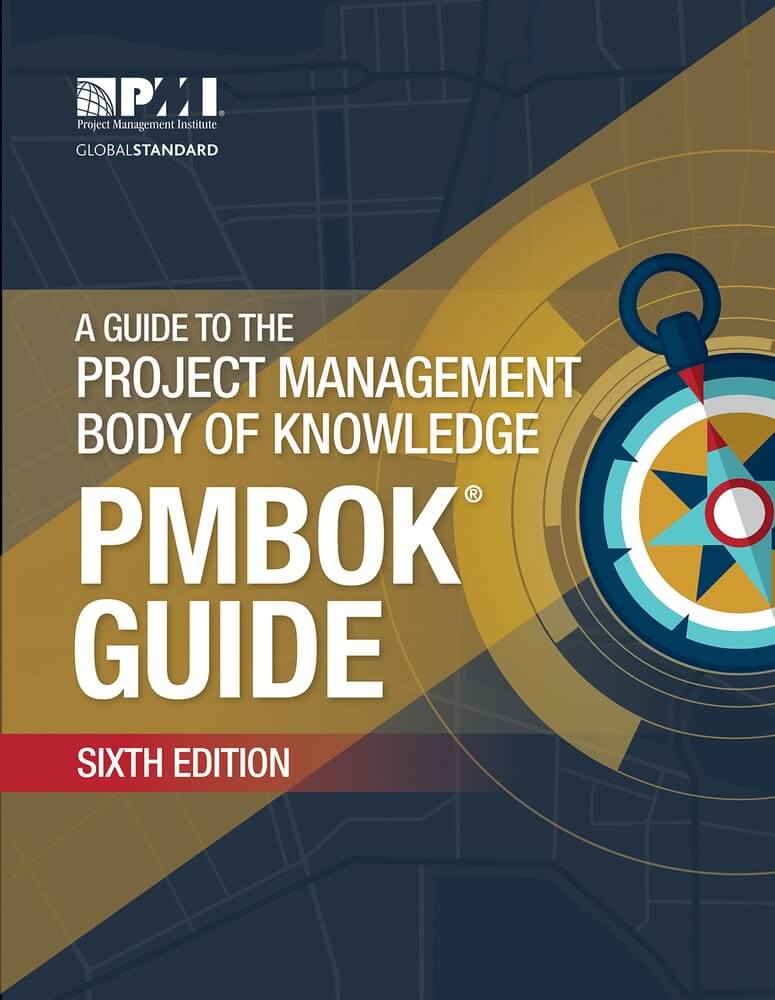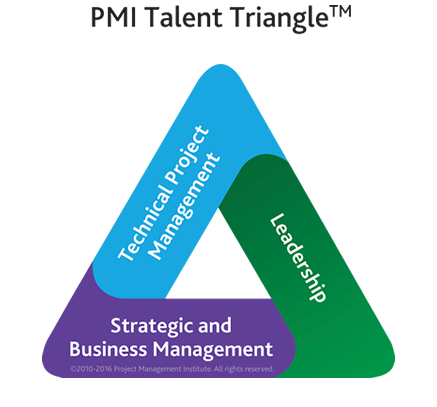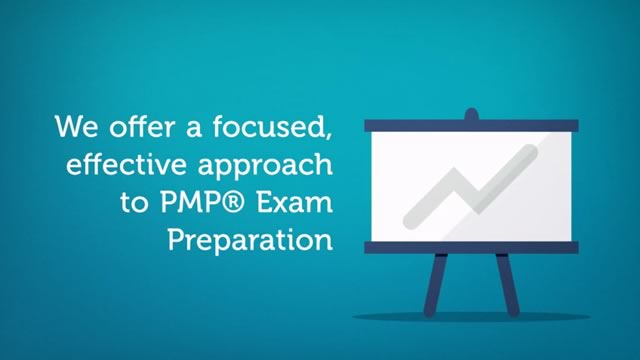What is the PMBOK® Guide?

A Guide to the Project Management Body of Knowledge (PMBOK® Guide) is the cornerstone publication of the Project Management Institute (PMI)®. It is an essential tool for those seeking to achieve the Project Management Professional (PMP)® credential, or Certified Associate in Project Management (CAPM)® certification.
It is widely recognised as a leading framework and body of knowledge, and always aligned with current project management practices. As such, it is also a key resource for project managers worldwide.
Here, we look at the differences between the PMBOK® Guide - Sixth Edition and its predecessor (the Fifth Edition).
Get an Instant Overview
You can get access to information about our
Project Management Course by instantly downloading our PDF brochure.
Jump to any Section:
When did PMBOK® Guide Change?
In
September 2017, the sixth edition of the
PMBOK® Guide was released.
Over the following months,
PMI® Registered Education Providers (R.E.P.s) began to introduce the sixth edition to their exam preparation courses. All providers are now using this edition.
PMP® Exam
The updated PMP® Exam, aligned with the content of PMBOK® Guide - Sixth Edition, came into effect on March 26th, 2018.
-
CAPM® Exam
The new CAPM® Exam came into practice on May 21st, 2018.
Why did the PMBOK® Guide Change?
Practices, philosophies and approaches in project management are constantly evolving to keep pace with an ever-changing global business environment.
As champions of exceptional project management standards, the PMI® continually reviews the PMBOK® Guide and develops its content to remain at the cutting edge of excellent and effective project management practice.
What are the main changes to the PMBOK® Guide - 6th Edition?
The changes from PMBOK® Guide - Fifth Edition to PMBOK® Guide - Sixth Edition reflect the type of environment project managers are working in today.
The PMI® is run by volunteers who are active and experienced project managers. They revised and updated the PMBOK® Guide - Sixth Edition in response to feedback from PMI® stakeholders, and answering requirements they themselves had encountered within projects.
Overall, the changes bring about even more clarity and the sense of a more organic, adaptive PMBOK® Guide, ideal for the current business climate.
We have divided the main changes into the following sections:
- Chapters
- Knowledge Areas
- Processes
- Consideration for Agile Practices
Chapters
A new chapter called “The Role of the Project Manager” has been added to the PMBOK® Guide.
You’ll find a greater emphasis on strategic and business knowledge here. There is a focus on linking projects to the strategic objectives of an organisation.
This chapter also includes guidance on how to be an effective leader within your project management role. The qualities required by project managers are closely aligned to the PMI® Talent Triangle*, which is covered in detail during this chapter.
Processes

There were 47 Processes in PMBOK® Guide - Fifth Edition. In the Sixth edition, you’ll find 49, including 3 New Processes:
- Manage project knowledge
- Implement risk response
- Control resources
The process “close procurement” has been removed.
Knowledge Areas…

There are still 10 Knowledge Areas in the PMBOK® Guide - Sixth Edition, but two have been renamed:
Project Time Management:
This knowledge area has been renamed “Project Schedule Management”.
Project Human Resource Management:
As there are many other resources within a project, aside from people, this knowledge area has been expanded to include all, and renamed “Project Resource Management”.
4 new sections have been added to each knowledge area:
- Trends and Emerging Practices
- Tailoring considerations
- Key concepts
- Consideration for Agile
Changes and Additions to other Knowledge Areas
Project Integration Management
The new “Manage Project Knowledge” process here ensures that all knowledge is shared throughout other projects in the organisation. For example, a lesson you learned on your current or last project, could be useful knowledge for another project in progress or just beginning. This lowers risk and improves the outcome of each project.
Project Scope Management
Consideration is given to the relationship between the project manager and business analyst. Project Quality Management
“Perform quality assurance” has been replaced with “manage quality”. Project managers are responsible for managing the quality on a project rather than outsourcing it to another department.Project Communications Management
Here, the PMI® differentiate between actively communicating, and the artifacts of communication such as reports and written outputs. Project Risk Management
There are many changes here, mostly looking at overall risk instead of only focusing on event-driven risks. There is also a new risk response called “Escalate”.Project Procurement Management
This knowledge area now has more of an international focus, instead of just a North American viewpoint.Project Stakeholder Management
This is now more about stakeholder engagement with the philosophy that you can’t “manage” your stakeholders, but you can optimise how you engage with them.
Consideration for Agile Practices

Agile, and other iterative approaches to project management are becoming more widely adapted all the time.
The PMI® recognises the importance of agile and how it can be implemented alongside the PMBOK® Guide framework.
Achieving a PMI® Certification
If you're ready to get started on working towards a PMI® Certification, aligned with the PMBOK® Guide - 6th Edition, take a look at our most popular options for exam preparation training below.
Experienced project managers (3+ years' project experience) should look towards the Project Management Professional (PMP)® exam preparation course. The Certified Associate in Project Managment (CAPM)® certification is designed for those who are new to project management.

PMP® Exam Prep. Course
Project Management Professional (PMP)® is globally recognised as the "gold standard" of project management credentials.
Details

CAPM® Exam Prep. Course
Certified Associate in Project Management (CAPM)® exam prep course is for new project managers, or those with 1 - 2 years experience.
Details
*The PMI TALENT TRIANGLE and the PMI Talent Triangle logo
are marks of Project Management Institute, Inc.













